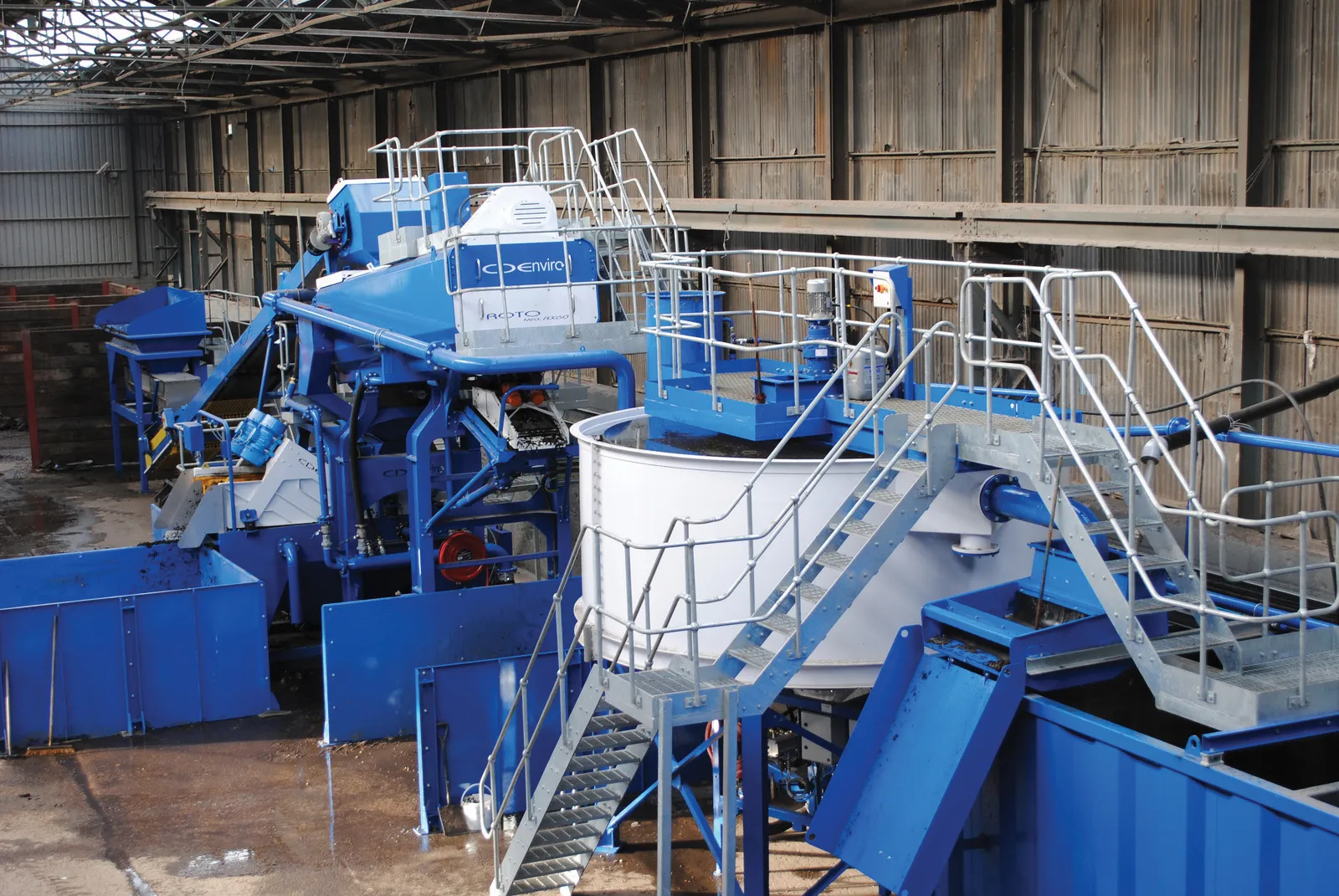
Construction materials supplier Aggregate Industries has launched Foamix Eco, an onsite-mixed asphalt material that the company says can help achieve carbon-neutral status.
The new Eco product builds on the company’s original Foamix solution which already delivers a low embodied carbon footprint. Aggregate Industries developed Foamix in partnership with Nynas, a biogenic bitumen supplier, and OCO Technology, a carbon-capture specialist and carbon-negative aggregate supplier. The partnership also allowed for the development of Foamix Eco.
The cost-effective, high-quality solution incorporates a high percentage of recycled materials. This means there is even less reliance on virgin material and less energy in the production due to its cold-lay manufacturing process.
Foamix Eco can be manufactured and laid onsite exactly where construction is taking place by using Aggregate Industries’ Sitebatch Technologies or OCL Regeneration mobile mixing plants. This allows the team to re-process locally sourced planings from the road asset – either onsite or at a nearby location – ensuring it can be placed, compacted and put into immediate use. This significantly minimises heavy goods vehicle movements across local roads, reduces construction times and user disruptions – all the while delivering a significantly lower carbon footprint for the project.
Foamix Eco can also be laid in a single lift of up to 150mm thick using conventional surfacing equipment and laying techniques without additional specialist labour. When using onsite recycling and working closely with Aggregate Industries supply chain, the process can achieve carbon neutrality across stages A1 - A5 in the building life cycle. The company says that this is a big step forward for the industry incorporating both the product and construction stages.
Foamix Eco has undergone rigorous research and development, coupled with live manufacturing and installation trials in partnership with Lancashire County Council in England, said Thomas Edgcumbe, managing director for surfacing solutions at Aggregate Industries. “Carbon neutral Foamix Eco is the most sustainable and lowest carbon asphalt construction material to date.”
Foamix Eco has already been used as part of a trial on the M65 motorway slip road in Lancashire in partnership with Lancashire County Council. The outcome was a high-quality solution which recycled the existing carriageway. Edgcumbe noted that Foamix Eco projects will continue to be reviewed on an individual basis to ensure a carbon neutral product can be achieved.
The achievement of Foamix Eco aligns with the commitment to increase the use of Reclaimed Asphalt Pavement by 60 per cent in asphalt products as part of Aggregate Industries’ overall drive to achieve net zero before 2050. It also supports the target of England’s National Highways agency to deliver net zero construction by 2040.
Aggregate Industries is the first company to be certificated to BES 6001, ‘The Framework Standard for the Responsible Sourcing of Construction Products’, developed by the UK’s Building Research Establishment. BRE provides research, advice, training, testing, certification and standards for both public and private sector organisations in the UK and abroad.
Aggregate Industries is part of Holcim, a Swiss global company that manufactures and supplies building materials in around 60 countries. Holcim operates four businesses segments: cement, aggregates, ready-mix concrete and other products, including precast concrete, asphalt and mortar.
In January, OCO Technology announced that it had a restructuring programme to create two distinct businesses – one focusing on UK projects and one on the international market. The newly-created OCO Technology Group now comprises of OCO Technology (UK) alongside OCO International, with a further subsidiary company OCO Technology Australia formed to look after the company’s projects in Australia.









